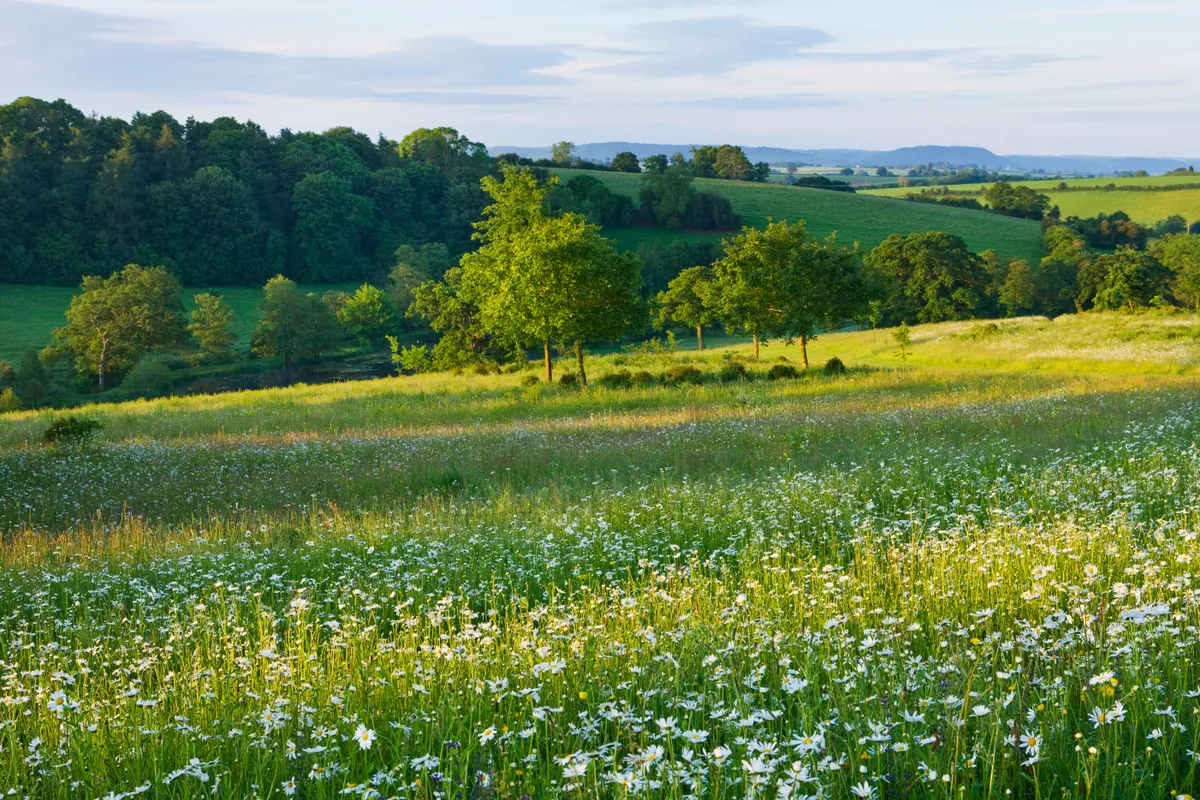The UK’s three largest nature conservation charities have condemned a Government plan for the future of farm funding as a “huge disappointment” and that it “does not bode well for nature, climate, or farming.”
The Wildlife Trusts, National Trust and RSPB believe that promises made by Government in its 25-year environment plan, when it pledged to be the first generation to leave the environment in a better state than it found it, are now in jeopardy.
The Government plans to replace farm subsidies made under the EU’s Common Agricultural Policy with a post-Brexit payment scheme based on ‘public goods’. The first of these environmental land management schemes, the Sustainable Farming Incentive (SFI) which will be rolled out next year, has just been announced.
Under the SFI farmers will be paid for generating environmental benefits, such as improving grasslands or soils.

But conservationists fear that The Government has squandered a once-in-a-lifetime opportunity to transform farming from being a leading cause of declines in UK wildlife to playing a central role in nature’s recovery. They do not consider that the Government is doing enough to meet the challenges of the 2030 biodiversity and 2050 climate goals.
The nature charities are calling for measures to encourage ‘nature friendly farming’ to reverse wildlife losses: for example, 97% of lowland meadows have been lost since the 1930s, 86% of rivers in England fail to reach good ecological status, and 13% of freshwater and wetland species in Great Britain are threatened with extinction. Modern agricultural policy and practices have significantly contributed to these losses.
Around 70% of land in England is managed for agriculture and accounts for over 10% of greenhouse gas emissions. Campaigners are calling for 10% of land as a minimum to be managed for nature’s recovery.
“There’s so much that farmers could be rewarded for doing, such as restoring peatlands and employing ambitious measures to prevent soil and pollutants from washing into rivers – to help wildlife and store carbon,” says Craig Bennett, Chief Executive of The Wildlife Trusts.
“It’s an absolute scandal that the Government has failed to seize this unique and important opportunity to improve farming so it can help restore nature and address the climate crisis.”
But the Government claims that the Sustainable Farming Incentive will bring together a wide range of actions that farmers can take to deliver improved outcomes for the environment into a set of universal standards.
Setting out details of the SFI at the recent Country Land and Business Association (CLA) conference on the first anniversary of the Agricultural Act, Environment Secretary George Eustice said:
“Where some of the green campaign groups have got it wrong is failing to recognise that we will not hit targets on halting the decline of nature by 2030, or on water quality, or on biodiversity, unless we incentivize some changes across the whole farm landscape.
So the perception that the sustainable farming incentive is about money to farmers, not about the environment, is simply wrong.”
NFU Vice President Tom Bradshaw said: “The Sustainable Farming Incentive is the first scheme that every farmer can access in Defra’s new agricultural policy, so this is an important moment in the agricultural transition.
“It’s clear that Defra has taken on farmers’ feedback on the pilot scheme and we can see that meaningful changes have been made to the final offer.”
Main image credit: Getty Images.
